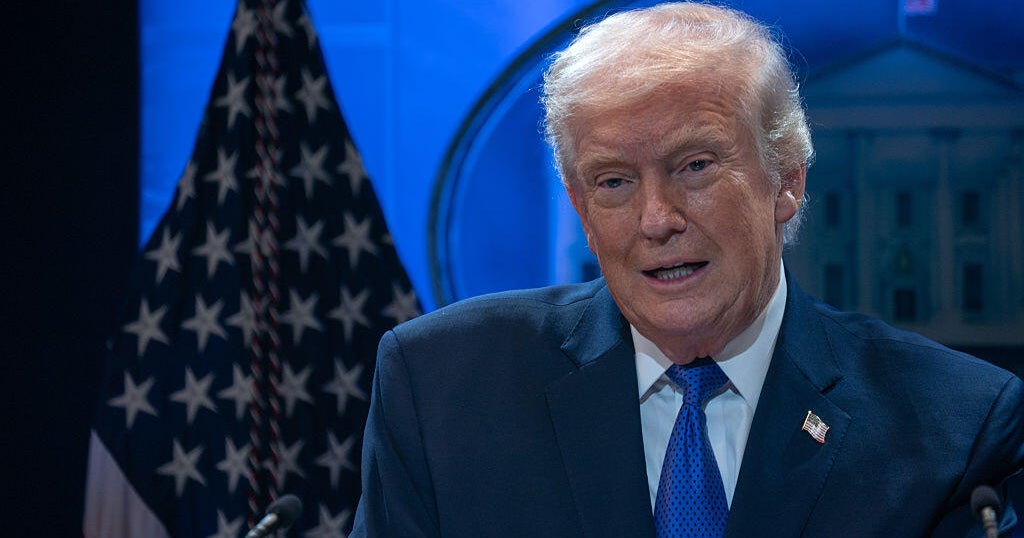China tariffs on U.S. products "significant," but not a trade war, Ian Bremmer says
China's new tariffs on American products take effect today amid heightened tensions over trade. China announced the tariffs on more than 120 items including fruits, meat, wine and metal products. The move is a response to the U.S. tariffs on aluminum and steel imports.
"It is significant," said Ian Bremmer, Eurasia Group president and CBS News senior global affairs contributor. "It's certainly represents a tipping point in the relationship between the United States and China." Bremmer told "CBS This Morning" on Monday that the relations will get worse.
"But we're not in a trade war because the Chinese, we're talking $3 billion of goods. They're hitting red states. They want to show Trump, if you keep going, we're going to hit you hard. But for now, it's the Chinese taking it seriously. It's not, I wouldn't say this is seriously escalatory," Bremmer said.
In the end, however, both sides lose, he said. "China will lose more. Our economy is much larger," Bremmer said. He pointed to Mr. Trump's recent agreement with South Korea on the U.S.-Korea Free Trade Agreement, which was billed as "a huge win for the American worker."
"Obama did not get that done. In part it's because Trump was willing to take the risk and hit him, and in part it's because the United States is a hell of a lot bigger than South Korea. They don't have a lot of choice," Bremmer said. "China, it would cause a lot more damage to the United States if they wanted to really get into it with us."
But there's another issue that is raising tensions between China and the U.S.: intellectual property. In March, Mr. Trump tweeted: "The U.S. is acting swiftly on Intellectual Property theft. We cannot allow this to happen as it has for many years!"
The U.S. loses about $600 billion a year in IP theft, mostly to China, according to an opinion piece last year from Dennis C. Blair, a former director of national intelligence and a former commander in chief of the U.S. Pacific Command, and Keith Alexander, former commander of the United States Cyber Command and a former director of the National Security Agency.
"On China, [Mr. Trump] has a lot of people in the United States egging him on saying China is engaging in unfair practices. That's another reason why I do believe this relationship is going to deteriorate," Bremmer said.
Senior Chinese leaders told Bremmer they're more concerned about intellectual property issues than tariffs "because they can't really fix the IP issue," he said.
"[China has] decided that these are strategic sectors for them. They have national champions. They're not a free market economy. They don't have rule of law. They're a state capitalist authoritarian regime," Bremmer said. "Now, while I don't think we're heading to a trade war, I do think we're heading to a Cold War on technology where their key AI companies, our key AI companies, actually are not interacting, where we want to buy goods from China, they want to sell them to us. That's where we're going to see a problem."



